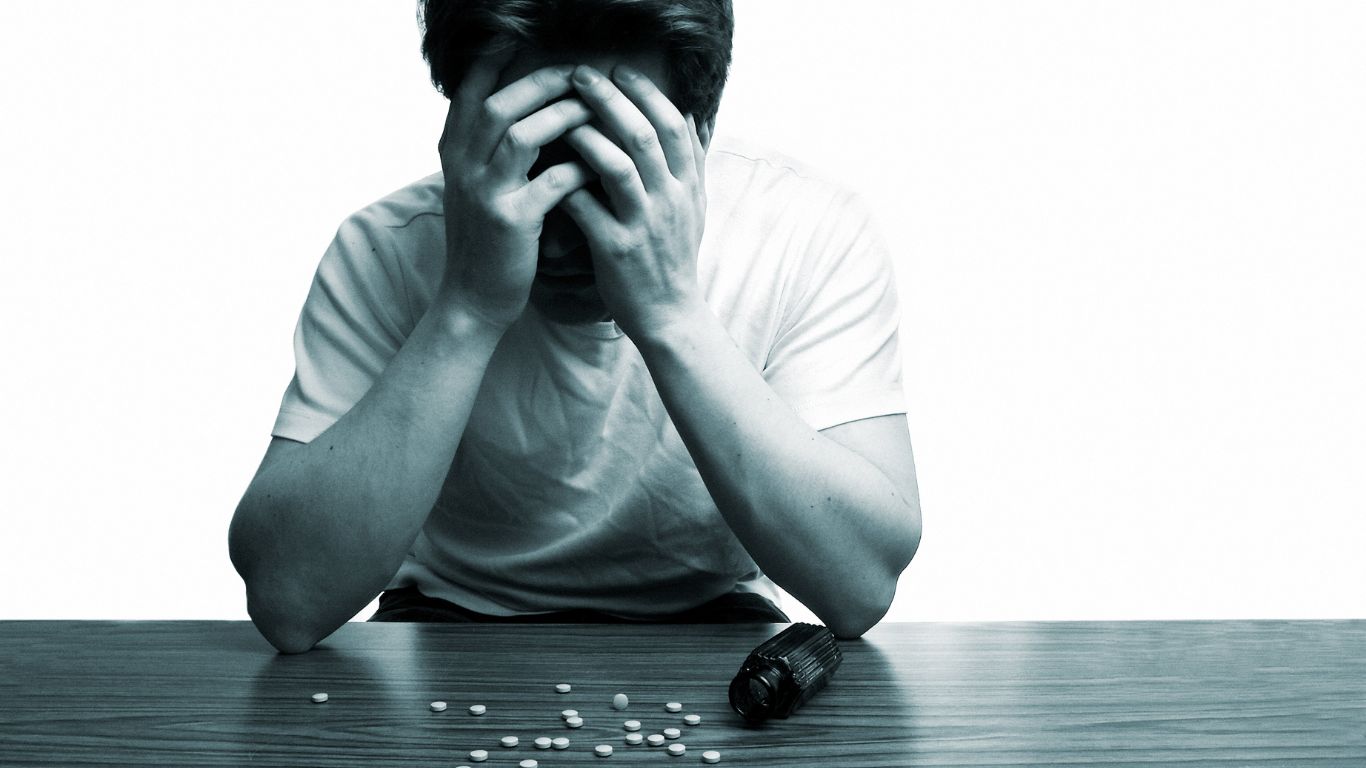How Addiction Affects the Brain
Addiction is a complex disease of the brain that causes the brain’s reward system to intensely crave a substance (drug addiction or alcohol addiction) or behavior (gambling addiction, internet addiction, or sex addiction), causing an inability to stop using the substance. Obsession starts to take over, and soon the person finds they are prioritizing their drug or alcohol use disorder over work, family, social activities, hobbies, and other activities. There is a preoccupation with planning, using, and recovering from the addiction. There is a lack of self-control and a lack of concern for the consequences of their actions in pursuit of the “reward” pathway.
How Does Addiction Start?
Addictions (substance use disorders) are the result of changes in the brain that happen due to repeated uses of a substance (or repeated behaviors) that engage the body’s reward system. Drugs cause the brain to flood with a surge of dopamine, giving you a reward that makes you want to use the drug again.
Over time, the brain stops producing dopamine on its own, and you are left needing to continue taking drugs just to be able to function normally. This is known as dependence. You may have both a physical and a psychological dependence on a substance. The feeling of needing the substance to get through the day results in compulsive drug use and an obsessive need for the drug. These issues cause addiction.
Can Addiction Cause Permanent Brain Damage?
Alcohol and drugs cause brain changes in the neural pathways and neurotransmitters, creating a chemical imbalance that the brain adapts to. If a drug promotes serotonin production, for example, the brain will stop manufacturing it on its own. The brain has a certain neuroplasticity that allows it to rewire itself repeatedly, so with the right therapies and treatments it is possible to recover your brain structure and functionality somewhat, while unlearning addictive behaviors, although certain drugs and alcohol may cause irreparable damage, like brain tissue or nerve death and issues with dopamine release.
How Recovering from Drug and Alcohol Addiction Impacts Your Brain
There is still limited research on the drug addict’s brain’s recovery abilities, but it is true that the brain function may return. It is capable of slowly creating new neural pathways and cells throughout your life. Within one week the brain will begin to recover gray matter, and over the next months and years, other parts of the brain will come back as well. Dopamine and other chemical messenger levels may or may not fully recover, depending on many variables and how many dopamine receptors were affected.
The first step to healing the brain is detoxing, so that you can have a substance-free fresh start. Next comes cognitive behavioral therapy and other targeted treatments that retrain the brain to think and act differently. And the third component is time and practice. Using mindfulness and other relapse prevention techniques and treatment plans, you will be able to manage your addiction long-term.
Effective Ways to Heal the Brain After Drug and Alcohol Use
When you are in addiction recovery in the TruPath network of treatment centers, you will not only have access to care from medical professionals related to your physical addiction to drugs or alcohol, but you will also have:
- Holistic interventions
- Behavioral therapy (cognitive behavioral therapy and dialectical behavior therapy)
- Comprehensive medical care after drug abuse
- Individual therapy
- Targeted therapies
- Biofeedback
- Experiential therapy
- Group therapy
- Recovery opportunities
- Case management services
- Sober living homes
- Executive treatment programs
- Holistic treatments including yoga and meditation
We infuse everything we do with our core values of integrity, personal growth, empowerment, teamwork, and education, providing a helpful, integrated, whole-person-centered approach to healing the body, mind, and spirit. We offer all levels of care including medical detox programs, inpatient residential drug rehab, and outpatient programs that include intensive outpatient programs, day programs, and continuing care.
We offer a dual diagnosis treatment program that will combine addiction drugs treatment with mental health services, including therapy, psychiatric medications, and holistic alcohol or drug treatments for:
- Bipolar disorder
- Anxiety disorders
- Post-traumatic stress disorder
- Depression
- Codependency
- Eating disorder
- Anger management
- Grief and loss
Contact our team at (251) 501-4357 if you or one of your loved ones develops an addiction and does not know where to turn for help. Healing the brain after substance abuse involves integrated levels of care that will support you through your addiction treatment and your healing process. With the help of our team of caring staff and our long-term support through case management, outpatient rehab programs, and aftercare, you will never be alone on your road to recovery with TruPath.
